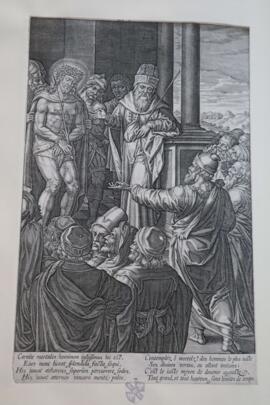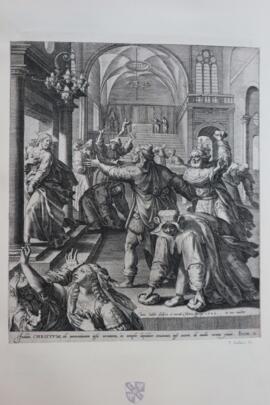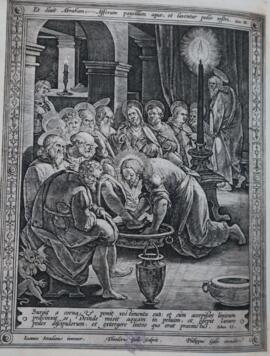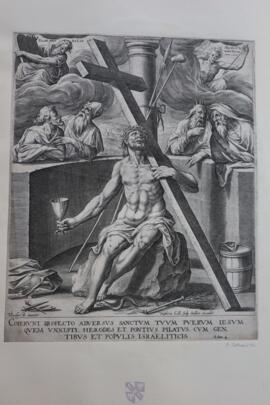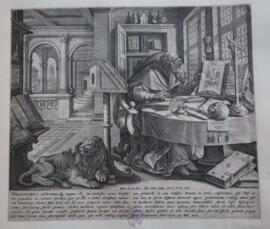MCPP/FF/FPR/L/17
·
Item
·
1574
Part of Personal Papers
2079 results with digital objects
Show results with digital objects
MCPP/FF/FPR/L/155
·
Item
·
1585
Part of Personal Papers
MCPP/FF/FPR/L/497
·
Item
·
undated
Part of Personal Papers
MCPP/FF/FPR/B/50
·
Item
·
Undated
Part of Personal Papers
MCPP/FF/FPR/L/508
·
Item
·
undated
Part of Personal Papers
MCPP/FF/FPR/L/482
·
Item
·
undated
Part of Personal Papers
MCPP/FF/FPR/L/376
·
Item
·
c. 1598
Part of Personal Papers
MCPP/FF/FPR/L/377
·
Item
·
c. 1598
Part of Personal Papers
MCPP/FF/FPR/L/486
·
Item
·
1602
Part of Personal Papers
MCPP/FF/FPR/L/249
·
Item
·
undated
Part of Personal Papers
MCPP/FF/FPR/B/98
·
Item
·
1582
Part of Personal Papers
MCPP/FF/FPR/L/293
·
Item
·
undated
Part of Personal Papers
MCPP/FF/FPR/L/256
·
Item
·
c. 1540 - 1560
Part of Personal Papers
MCPP/FF/FPR/L/221
·
Item
·
1585
Part of Personal Papers
MCPP/FF/FPR/L/222
·
Item
·
1585
Part of Personal Papers
MCPP/FF/FPR/L/223
·
Item
·
1585
Part of Personal Papers
MCPP/FF/FPR/L/502
·
Item
·
undated
Part of Personal Papers
MCPP/FF/FPR/B/8b
·
Item
·
1584-1587
Part of Personal Papers
MCPP/FF/FPR/L/8
·
Item
Part of Personal Papers
MCPP/FF/FPR/L/239
·
Item
·
1585
Part of Personal Papers
MCPP/FF/FPR/L/360
·
Item
·
c. 1598
Part of Personal Papers
MCPP/FF/FPR/L/361
·
Item
·
c. 1598
Part of Personal Papers
MCPP/FF/FPR/B/104
·
Item
·
Undated
Part of Personal Papers
MCPP/FF/FPR/L/43
·
Item
Part of Personal Papers
MCPP/FF/FPR/L/287
·
Item
·
undated
Part of Personal Papers
MCPP/FF/FPR/L/333
·
Item
·
undated
Part of Personal Papers
MCPP/FF/FPR/L/359
·
Item
·
c. 1598
Part of Personal Papers
MCPP/FF/FPR/L/471
·
Item
·
c. 1568-1576
Part of Personal Papers
MCPP/FF/FPR/B/95
·
Item
·
1585
Part of Personal Papers
MCCA/MCHR/3/4
·
Series
Part of College Archives
